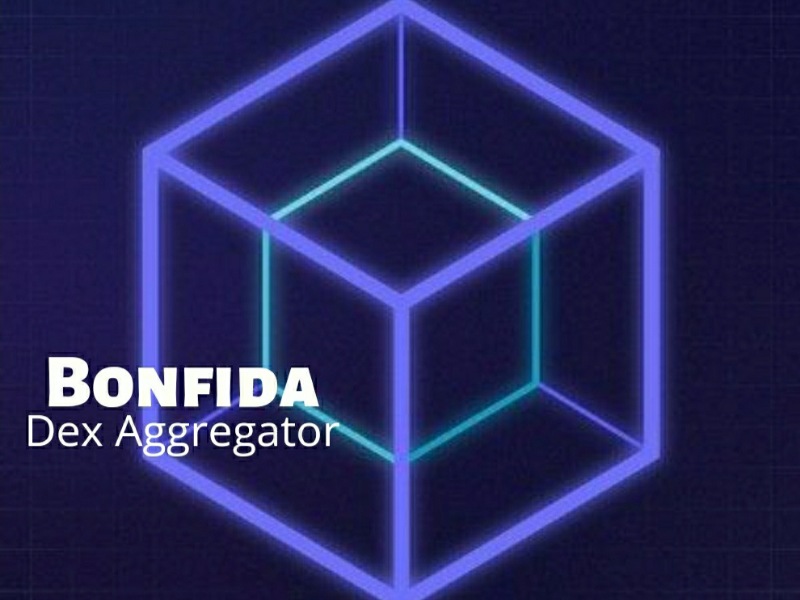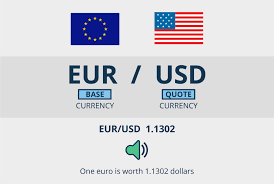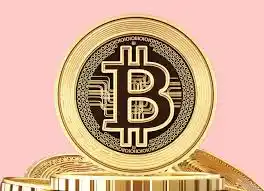How To Cancel Pending Transaction On Trust Wallet In 2023
Trust Wallet is a popular mobile cryptocurrency wallet that allows users to securely store, manage, and trade various cryptocurrencies. It was founded in 2017 by Viktor Radchenko and was later acquired by the cryptocurrency exchange Binance in 2018.
Trust Wallet supports a wide range of cryptocurrencies, including Bitcoin (BTC), Ethereum (ETH), Binance Coin (BNB), and many ERC-20 tokens. It also supports multiple blockchain networks such as Ethereum, Binance Smart Chain, and more.
Also, when it comes to security, Trust Wallet emphasizes security and provides users with full control over their private keys.
The wallet uses secure encryption and implements various security features to protect user funds.
Similarly to the MetaMask which I’ve written about here, Trust Wallet allows users to access decentralized applications (DApps) directly from the app.
The feature enables users to interact with various blockchain-based applications and services. So in this article, we’ll be exploring how to cancel pending transactions on Trust Wallet in 2023 using the very easiest methods.
Causes Of Pending Transaction On Trust Wallet
There can be several causes for pending transactions on Trust Wallet. However, below is a list and explanation of each cause of pending transaction on Trust wallet:
Network Congestion
Pending transactions often occur during periods of high network congestion.
When there is a surge in transaction volume on the blockchain network, such as during periods of heavy usage or when a popular decentralized application (DApp) is experiencing high demand, it can lead to delays in transaction confirmations.
Insufficient Gas Price
Each transaction on a blockchain network requires a certain amount of gas to be processed.
Gas is a measure of computational effort required to execute a transaction.
If the gas price set for a transaction is too low, miners or validators may prioritize other transactions with higher gas prices, causing your transaction to remain pending until it receives enough priority.
Network Issues
Occasionally, network issues can lead to pending transactions.
These issues could be related to the blockchain network itself, the Trust Wallet app, or the device’s internet connection. Temporary disruptions in connectivity can prevent transactions from being broadcasted or confirmed promptly.
Smart Contract Interactions
Some transactions involve interactions with smart contracts, which are self-executing contracts with predefined rules encoded on the blockchain.
If the smart contract has complex logic or requires additional steps for verification or execution, it can lead to longer processing times and pending transactions.
Nonce Conflicts
Each transaction on the blockchain has a unique nonce associated with it. Nonce represents the order in which transactions are sent from an address.
If multiple transactions from the same address have conflicting nonces, such as if a previous transaction is still pending or unconfirmed, it can cause subsequent transactions to remain pending until the conflicts are resolved.
Incorrect Gas Limit or Data
Setting an insufficient gas limit or including incorrect data in a transaction can cause it to fail or remain pending.
Gas limit defines the maximum amount of gas a transaction can consume, and if it’s set too low, the transaction might not have enough gas to complete successfully.

How To Cancel Pending Transaction On Trust Wallet In 2023
Below are the essential steps on how to cancel a pending transaction on Trust wallet in 2023:
Wait Patiently To Be Naturally Processed
The first option on how to cancel pending transactions on Trust wallet in 2023 is to be patient. Waiting for the transaction to process naturally is often the most recommended approach, especially if there is no urgency.
Over time, as network congestion subsides and miners catch up with the transaction backlog, your stuck transaction should eventually be processed.
Read: Trust Wallet Login With Phone Number, Email Address, Online Portal, Website
However, you should keep in mind that the duration of the waiting period is unpredictable, as it depends on network conditions and miner activity.
Canceling the Transaction
You might have no option rather than canceling the pending transaction.
Canceling a stuck transaction involves initiating a new transaction that overrides and cancels the pending one.
The process of how to go about it can be found below:
- Locate the pending transaction in your wallet and note down the nonce value, which represents the transaction’s sequence number.
- Initiate a new transaction, using your own wallet address as the recipient and setting the amount to 0 ETH.
- During the transaction confirmation, access the settings by clicking the “gear” icon in the top right corner.
- Scroll down and replace the nonce value with the one recorded earlier.
- Set a higher gas price for the new transaction to incentivize miners to prioritize it.
- Proceed with confirming the transaction.
Recreating or Resending the Transaction
The next option on how to cancel a pending transaction on trust wallet in 2023 is to recreate or resend the transaction.
For more advanced users, recreating or resending the stuck transaction can be attempted.
This approach involves identifying the stuck transaction’s nonce value and creating a new transaction with the same nonce. Here’s a step-by-step process:
- Identify the oldest pending transaction in your wallet and note its nonce value.
- Create a new transaction, specifying the original recipient address and the intended amount.
- During the transaction confirmation, access the settings by clicking the “gear” icon in the top right corner.
- Replace the nonce value with the one recorded earlier, ensuring it matches the original transaction.
- Set a higher gas price to incentivize miners to use the new transaction.
- Double-check and ensure that the Transaction Data field is correctly filled, especially for smart contract transactions involving token sends or swaps.
- Proceed with confirming the transaction.
With the aid of any of the three methods by which users can cancel pending transactions, users should be able to get their problems solved easily.
FAQs On How to Cancel Pending Transaction On Trust Wallet
Below are some frequently asked questions on how to cancel pending transaction trust wallet in 2023 that you may find helpful:
How long does a transaction stay pending on Trust Wallet?
The duration of a pending transaction can vary depending on factors such as network congestion, gas price, and blockchain network conditions.
However, in some cases, transactions can be confirmed within minutes, while others may take longer, even hours or more.
What should I do if my transaction is pending for a long time on Trust Wallet?
If your transaction is pending for an extended period, you can try the following steps:
Wait for confirmation: Sometimes, pending transactions can be confirmed over time as network congestion eases or network issues are resolved.
Replace by Fee (RBF): If the blockchain network supports RBF, you may have the option to replace your pending transaction with a new one that has a higher transaction fee (gas price) to increase the chances of confirmation.
Transaction acceleration: Explore external services that offer transaction acceleration.
These services usually charge an additional fee to speed up the confirmation of your pending transaction.
Contact customer support: If you encounter a specific issue or the transaction is taking an unusually long time, reach out to Trust Wallet’s customer support for guidance and assistance.
Does Trust Wallet charge a fee to cancel a pending transaction?
Trust Wallet does not charge any fees specifically for canceling pending transactions.
However, depending on the action you take to manage the transaction, there may be fees associated with replacing the transaction, accelerating it, or interacting with external services.









